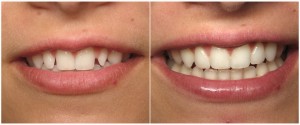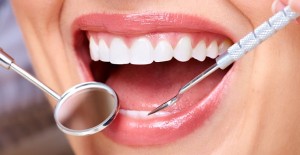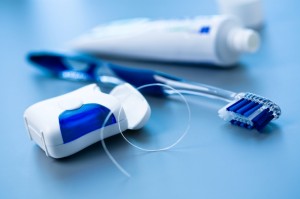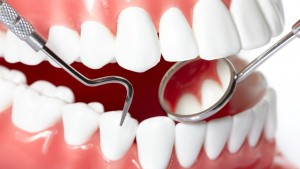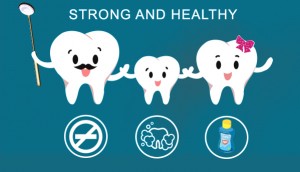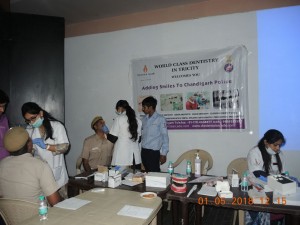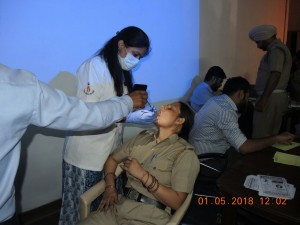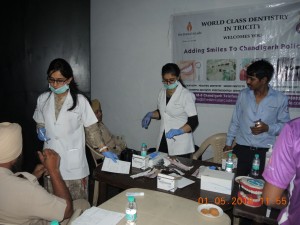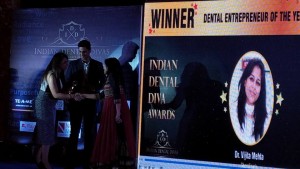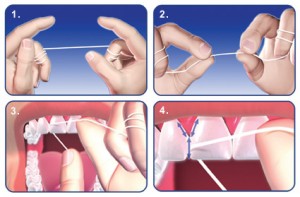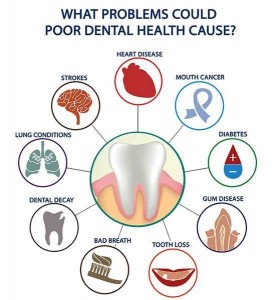Peg lateral teeth, or peg lateral incisors, are terms used to describe a condition where the lateral incisors (the second tooth on either side of the front teeth) are undersized, conical and appear smaller than normal. This situation occurs when the permanent lateral incisors do not fully develop. Due to presence of peg lateral incisor, there will be a space between them and the adjacent teeth (this space normally would have been occupied by a fully developed lateral incisor) resulting in smile to appear abnormal.
There are several ways to treat and correct this condition. Porcelain veneers are the most common treatment for peg lateral incisors, and require little or no tooth preparation. A porcelain shell is simply bonded over the smaller peg laterals making the teeth appear normal in size. If not enough space exists, it can be created by orthodontic treatment.
Causes of Peg Lateral incisors :
There are two primary causes of peg laterals
- Genetics: there seems to be a genetic component to this condition. Some people with peg laterals have parents who had the same condition.
- Developmental anomaly: Sometimes the teeth just do not form correctly.
Some people are genetically missing the adult lateral incisors so the primary or baby lateral incisors remain in the position of the adult lateral incisors which looks abnormally small in an adult mouth.
How can we treat Peg Laterals :
(1) cosmetic bonding / Build up with tooth-colored materials
(2) Porcelain veneers
(3) Orthodontic treatment may be needed to position these teeth ideally for either of the above two options. We work with many talented orthodontists to assist us when necessary for a more ideal result for you!
Sometimes the only treatment needed is to re position the peg laterals with orthodontic treatment or a removable appliance.

